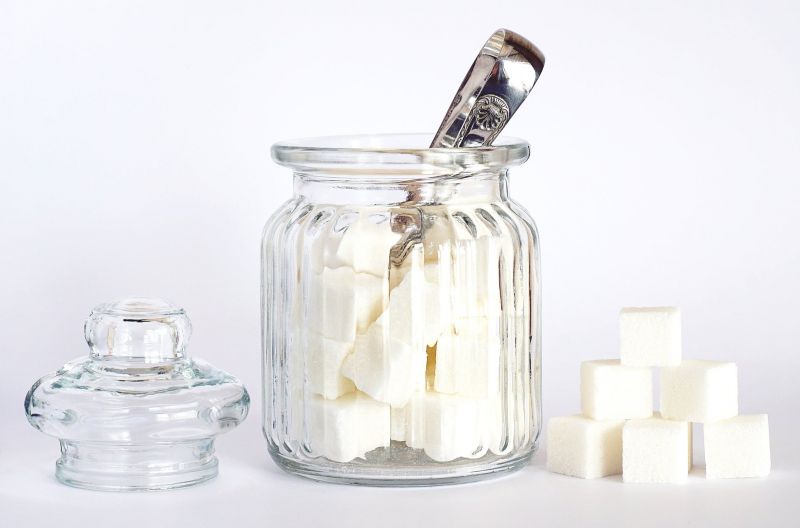Poor Water Quality Linked to Sugar Drink Consumption
Published on by Water Network Research, Official research team of The Water Network in Academic
Consumption of sugary drinks is common among Aboriginal and Torres Strait Islander infants and toddlers, and it could be down to water quality, according to a study from The Australian National University (ANU).

Representative Image source: Pixabay, labeled for reuse
Lead author, Dr Katie Thurber , says there are clear opportunities to improve nutrition for Aboriginal and Torres Strait Islander children, as well as non-Indigenous children, across Australia.
"Families living in regional and remote settings have expressed concern about the safety and quality of drinking water," said Dr Thurber, from the Research School of Population Health . "This can leave families with no choice but to avoid tap water and instead buy bottled drinks, cordial or other sugary drinks."
The study looked at more than 900 Aboriginal and Torres Strait Islander children zero to three years old.
"The good news is we found that half of children aged zero to three years in the study had never consumed sugary drinks," Dr Thurber said. "However, the bad news is that the other 50 per cent in the study had consumed sugary drinks, and this started as early as the first year of life."
Consumption of cordial was most common, at 47 per cent of all children, followed by soft drink at 19 per cent and sweetened tea and coffee at 13 per cent.
These young children were less likely to have ever had sugary drinks if their families experienced socioeconomic advantage, social support, limited stressors, good wellbeing, and support from health services.
"We need to support families as a whole, and address life stressors and circumstances that can get in the way of a healthy diet," Dr Thurber said. "Families need relevant advice from health professionals, but improving information and knowledge is only one part of the solution. We also need programs and policies to improve the social determinants of health if we want to improve nutrition."
Co-author Associate Professor Ray Lovett said: "Aboriginal and Torres Strait Islander families disproportionately experience socioeconomic disadvantage and life stressors, stemming from colonisation and its lasting impacts. This includes structural inequities and racism."
The researchers found babies and toddlers living in cities and regional centres were significantly less likely to consume sugary drinks than children in remote areas.
This is linked to reduced access to safe drinking water and reduced accessibility and affordability of recommended beverages.
"Reducing sugary drink intake will require improving water quality across Australia," Dr Thurber said. "Sugary drink intake is too high among all Australian children more broadly."
Reference:
Katherine A. Thurbe, Johanna Long, Minette Salmon, Adolfo G Cuevas, Raymond Lovett, "Sugar-sweetened beverage consumption among Indigenous Australian children aged 0–3 years and association with sociodemographic, life circumstances and health factors", Public Health Nutrition, August 2019, DOI: 10.1017/S1368980019001812
Source: Australian National University
Media
Taxonomy
- Standards & Quality
- Nutrients Recovery
- Quality
- Water Quality
- Water Supply
- Quality Maintenance
- Urban Water Supply
- Water Quality Management
- Non-Alcoholic Beverages
- Nutrition & Healthcare
- Nutrient Reduction and Removal
- Water Supply Protection